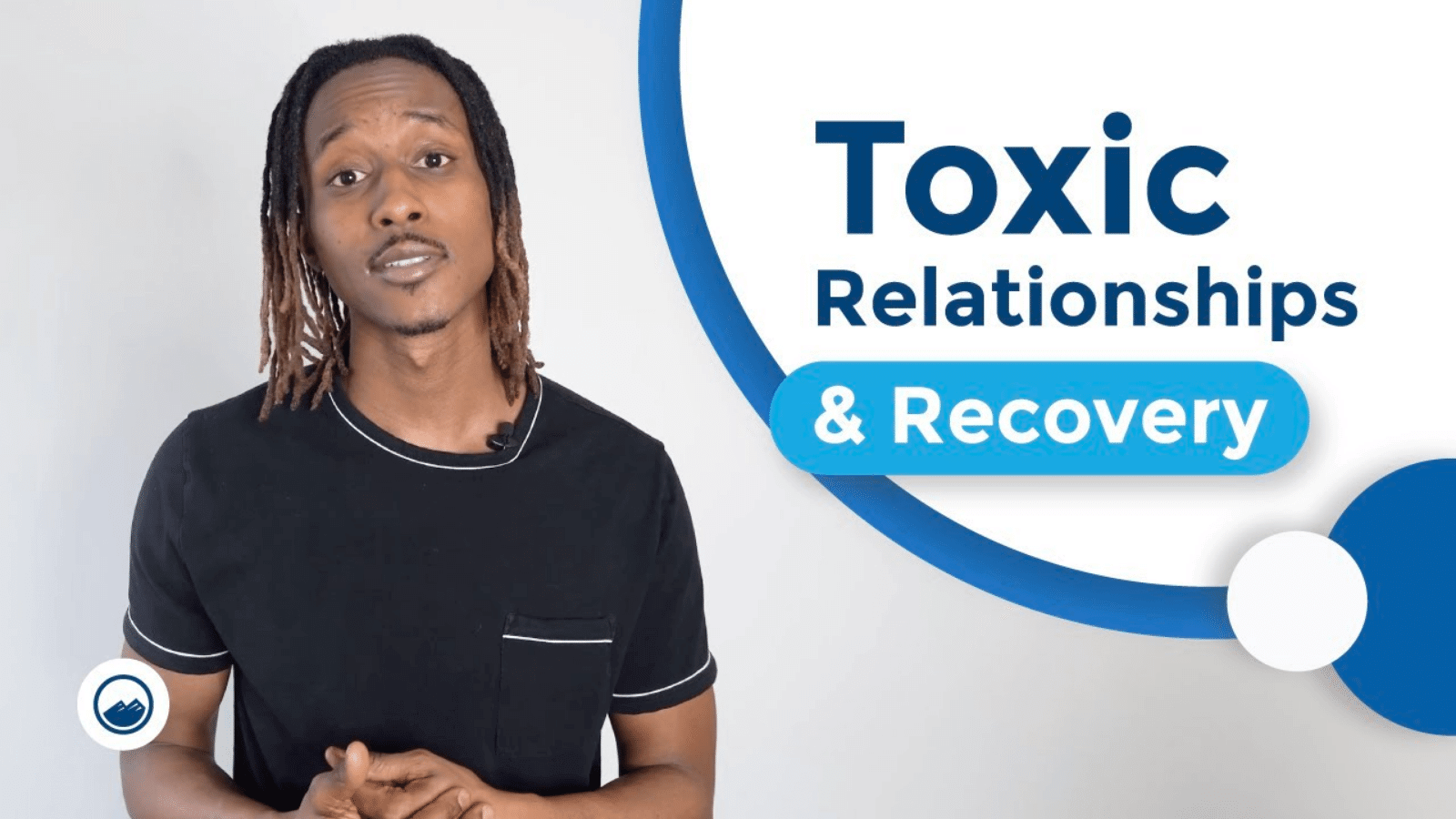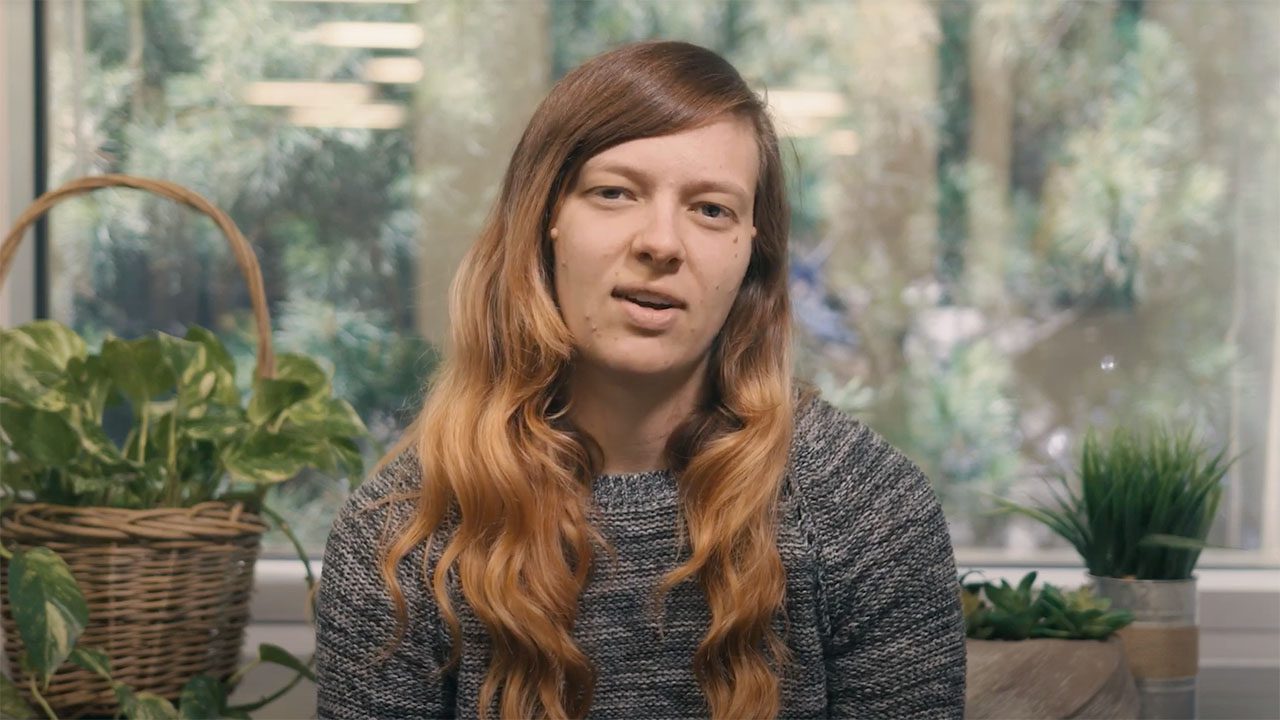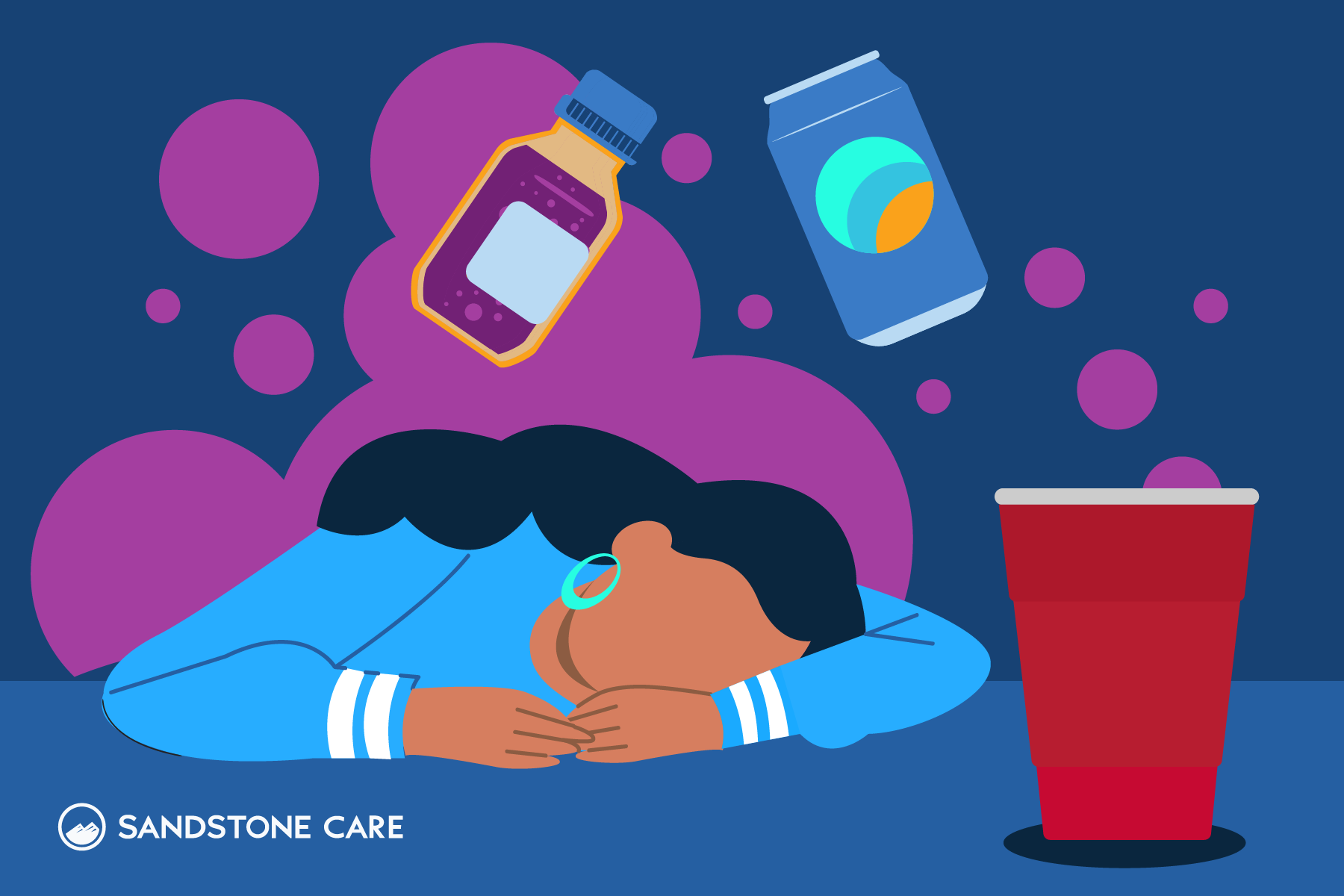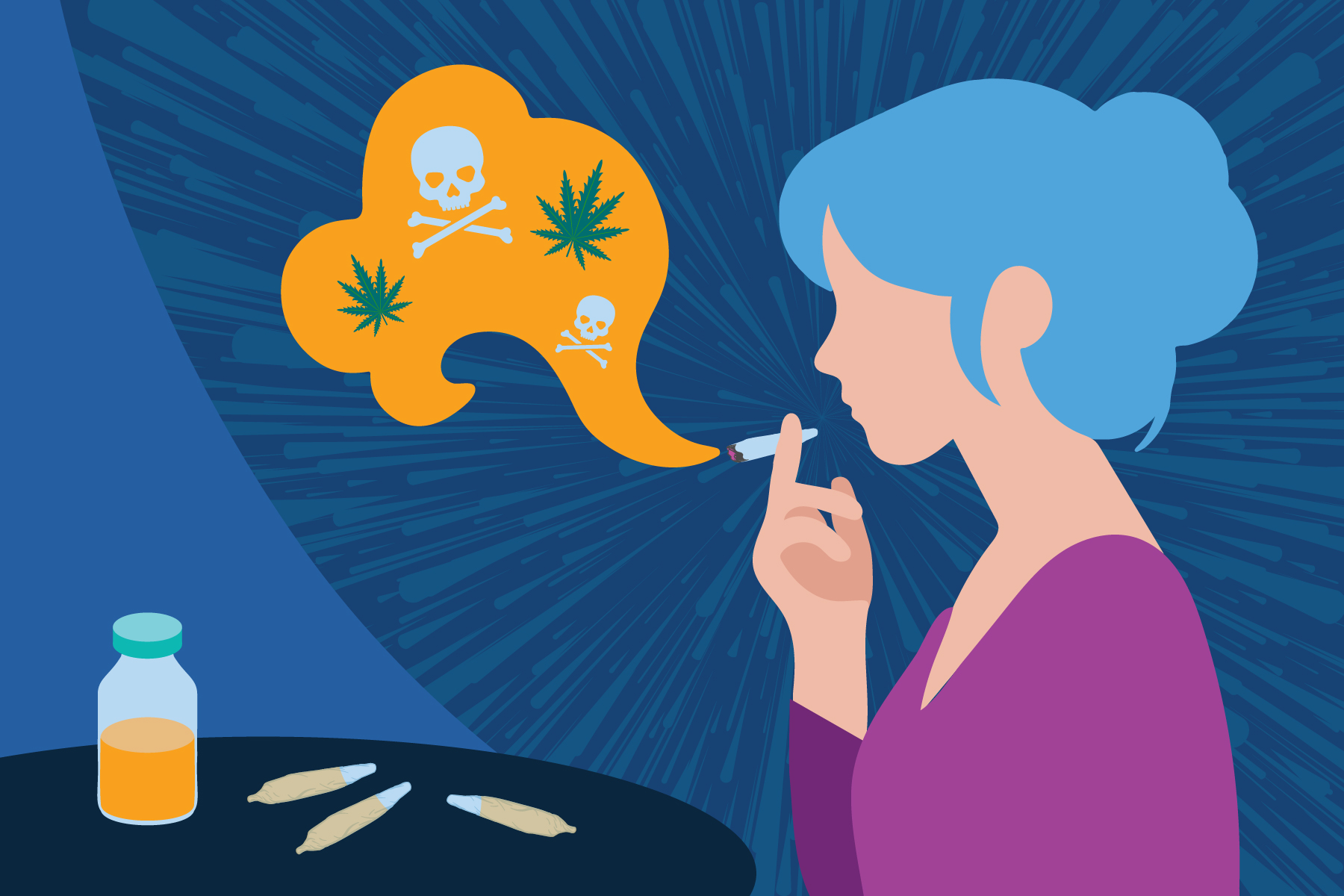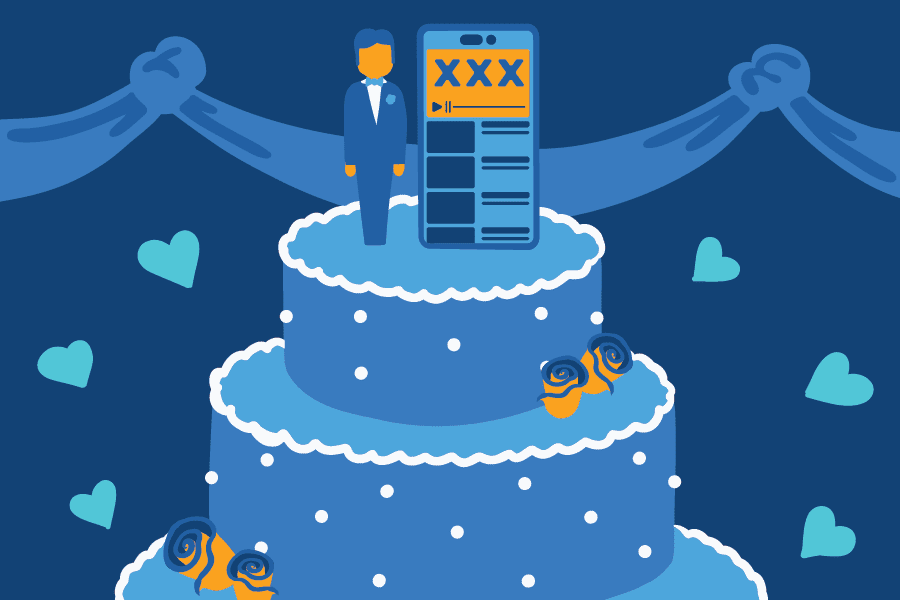When you’re building a new house, you have to have a solid foundation and a firm support system in place in order for it to remain stable, and the same is true for individuals in recovery from addiction. Recovery is all about rebuilding and recreating yourself, or maybe even meeting yourself for the first time.
Having people around you that aren’t supportive of your recovery will ultimately take a toll on you. You may end up feeling like you have to “censor” yourself when talking to them, or they may end up triggering you.
Individuals who are like-minded, also in long-term recovery, and have a stable and healthy outlook on life and recovery are the people you should try to surround yourself with. Sounds easy, right?
Maybe not. Sometimes the people closest to us can be the ones who make things the hardest for us.
What Makes a Relationship Toxic for Someone in Recovery
Identifying toxicity within a relationship can be difficult. Not only does it mean a possible shift in how you view the person, but it also means that you have to figure out what your next steps are. Here are some examples of toxicity within a relationship:
- Refusing to take responsibility for one’s actions
- Continuing to drink or use drugs around you despite knowing you’re in recovery
- Being extremely critical of you while simultaneously refuses to acknowledge or work through their own struggles
- Undermining you or being dismissive of you
- Actively refusing to respect your boundaries
Letting Your Toxic Relationships Go
Cutting someone out of your life or even decreasing the amount of time you spend with them can be difficult. They’re your friend, partner, or family member, and you might want to make things work between the two of you.
Here are some questions to ask yourself if you’re unsure about whether or not this person is healthy for you.
- Do I feel better or worse when I spend time with this person?
- Do I feel insecure around this person?
- Do I feel obligated to help this person emotionally, physically, or spiritually?
- Do I crave this person’s attention?
- Do I feel manipulated in any way?
- Does this person bring disruption into my life?
- Do I feel like I have to spend time with this person?
- Is this person possessive or controlling of me?
If any of these red flags are present, it’s likely that the relationship is unhealthy and toxic. Especially in early recovery, having people around you that are toxic puts your sobriety at risk. Whether it’s a family member, partner, or friend.
Disengaging From a Toxic Relationship
So you’ve identified the toxic relationship in your life, now what? Here are some tips for taking care of yourself and disengaging from the toxic individual.
-
Remember that Family isn’t a Requirement
When the toxic person in your life is a family member, things can get slightly more complicated. It’s not uncommon to feel a strong obligation towards your family, even when they’ve done things that have really hurt you or are unhealthy for you. Try to remember that just because they’re your family, you aren’t required to spend time with them or expend emotional energy on their behalf.
-
Express Your Feelings
Let the person know why you’re choosing to disengage or take a step back from them. Avoid phrases like “you make me feel sad”, instead rephrase it to take ownership of what you’re experiencing by saying “I feel sad when you do this”
-
Seek Professional Advice & Help
Especially in situations where the relationship is long-term or someone you’re related to, it may be helpful to seek counsel from a mental health professional. Couples counseling and processing your feelings with your individual therapist are great ways of making sure you’re taking care of yourself while also trying to preserve the relationship or help someone become aware of their toxic actions.
-
Stick With Your Decision
Some really intense emotions can come up after you make the decision to cut a toxic individual out of your life. You may feel guilty, sad, relieved, angry, ashamed, or a combination of all of those things (and more!). Regardless of what you’re feeling, remember that you made this decision for a reason. While this individual may not have been toxic 100% of the time, their actions were enough to put your recovery and mental health on the line, and that’s never okay. Hold firm to the decision you made for yourself.
-
Be Accountable to Someone
Letting someone in on the situation at hand is important for a few reasons. Not only will you have someone who can support you through it, but you’ll also have someone who can help remind you why you disengaged from the toxic individual if or when you start to miss them.
Taking the steps to end your toxic relationship can seem intimidating and overwhelming at first, and that’s okay because they often are. The most important thing to remember when you’re in recovery is that you should be your first priority.
Some call it selfish, but focusing on yourself and putting your needs first is crucial to maintaining your sobriety. You’re likely to face temptations and toxic influences every single day during recovery. It’s up to you to build up a wide variety of coping skills so that you know how to not allow those things to affect you in negative ways.


